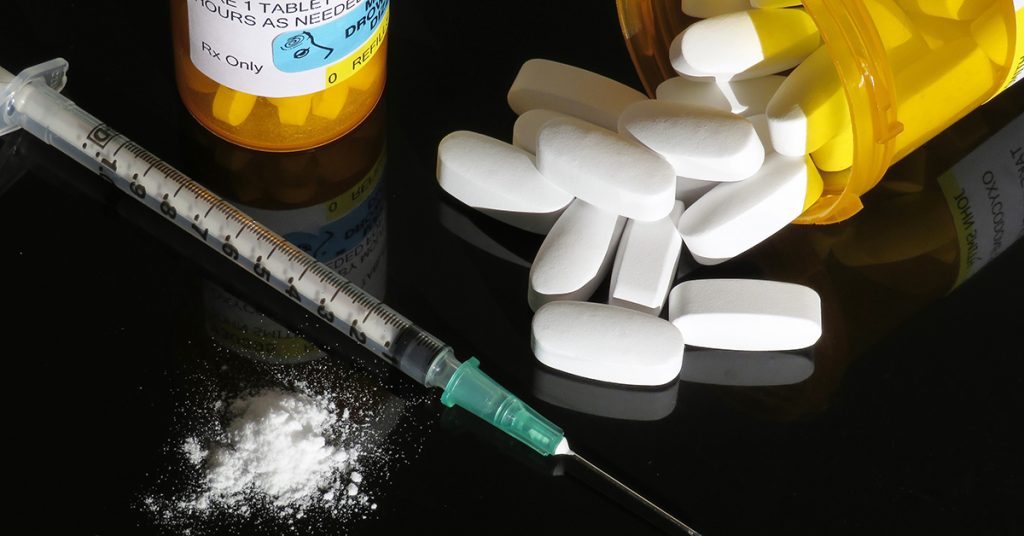Most Common Drug Charges in Florida
NEED A DEFENSE ATTORNEY?
Schedule ConsultationCase Results
NO CONVICTION FOR PETIT THEFT CHARGE
The Client was arrested for Petit Theft when the Client changed a bar code on an item at a Walmart and purchased the item at a lower price. The Client was not convicted
Show More
VEHICULAR HOMICIDE INVESTIGATION CLOSED PRIOR TO ANY ARREST OR CHARGES FILED
The Client was being investigated by law enforcement for Vehicular Homicide after the Client was involved in an accident which resulted in the death of a passenger. Attorney Anthony Rickman was in communication
Show More
Judge Departs from Sentencing Guidelines and Does Not Place Client in Prison
Defendant was charged with five felonies including battery on an officer resisting arrest with violence and throwing a deadly missile. Through negotiations the state agreed to drop two felonies and the judge agreed to place
Show More
